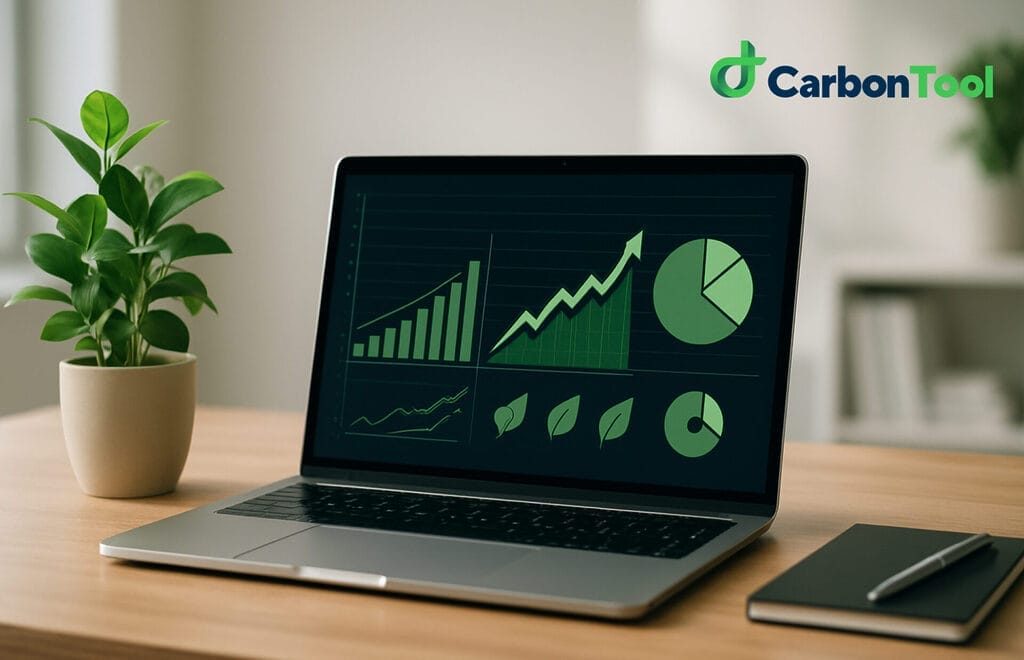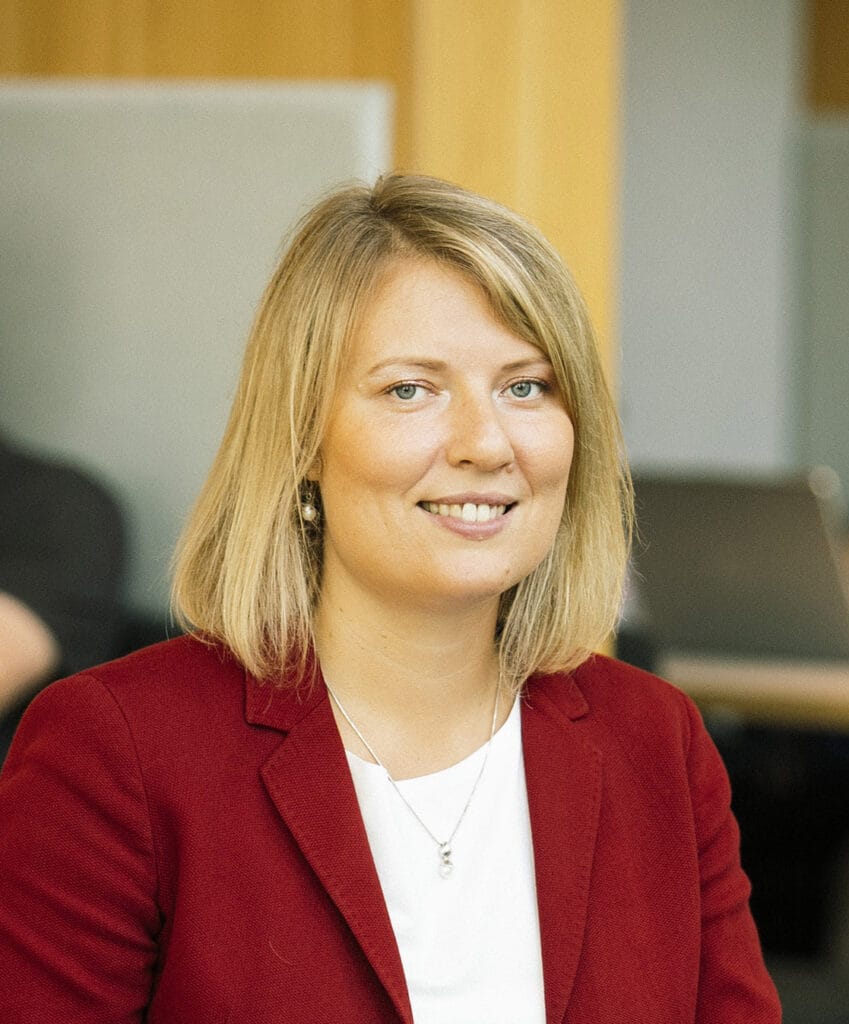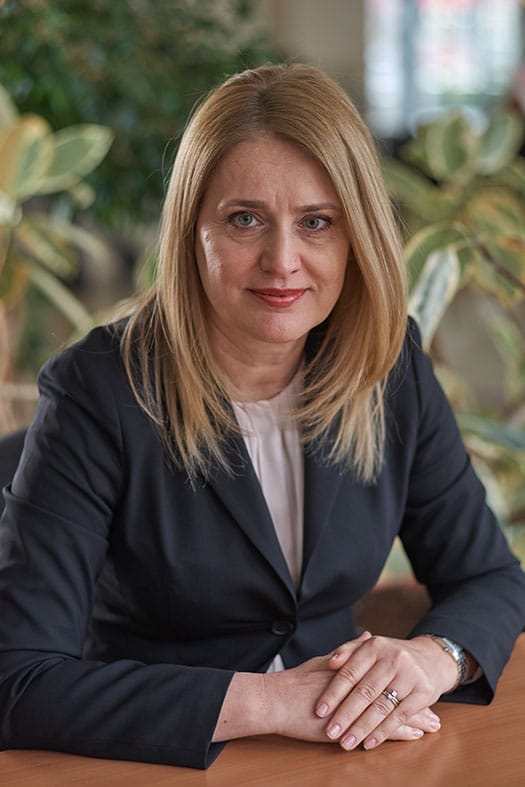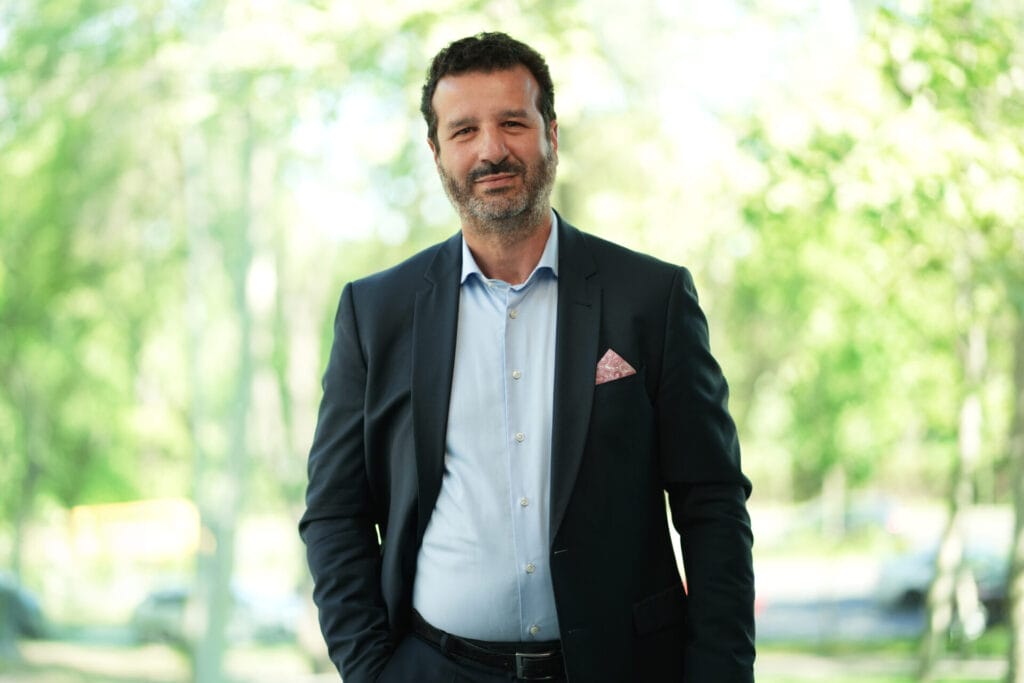
Why finance data might be the missing engine for credible climate action
Traditionally, finance and sustainability have been seen as separate worlds. But in today’s data-driven landscape, financial systems are becoming one of the richest sources of information for carbon accounting.
Every invoice, asset, and purchase order tells a story of resource use, energy consumption, and material impact. It’s not just financial information; it’s a digital footprint of how an organization interacts with the planet. Regulators and investors are now asking for sustainability disclosures with that same level of evidence and traceability. Rather than rebranding the ledger, it’s time to recognize it as a key instrument for environmental performance.
Accounting: a built-in climate data source
Financial systems already capture the full scope of company activity under strict internal controls. This makes them uniquely equipped to deliver the kind of “decision-useful”, investor-grade data required by disclosure frameworks such as TCFD, ISSB, and the CSRD/ESRS.
Accounting data also connects directly to emissions. Energy spending links naturally to Scope 1 and 2 tracking, while procurement and purchase orders open the door to Scope 3, from purchased goods and capital equipment to transport, waste, and supplier activities. By applying GHG Protocol methodologies, companies can translate their transactions into consistent, credible emissions metrics.
And perhaps most importantly, this approach aligns with today’s reporting reality. Under ESRS E1 – Climate Change, companies must disclose gross GHG emissions for Scopes 1, 2, and 3, broken down by category and methodology, together with reduction targets, transition plans, and related financial impacts. The standard alignes with the GHG Protocol and the EU Climate Law, ensuring consisency between reported data, accounting systems, and climate strategy. As CSRD introduces higher levels of assurance, climate data will increasingly need to meet the same audit standards as financial reporting.
What changes when you treat accounting as climate infrastructure
This shift replaces estimates with evidence. Instead of relying on one-off surveys or broad assumptions, organizations can track real emissions through traceable transactions.
It also turns reporting into a continuous process. Monthly energy bills or new equipment purchases automatically feed into up-to-date climate metrics, making measurements and verification part of routine management rather than an annual scramble.
And it transforms ESG from a side project into a core business system. When climate data lives within finance and procurement, it influences contracts, supplier choices, capital investments, and risk planning, all in ways that investors can see and compare.
Life Cycle Assessment: The Science That Adds Depth
While financial systems provide breadth, LCA provides depth. It adds a scientific dimension to carbon data by quantifying emissions and environmental impacts across the full life cycle of a product, building, or system – from raw material extraction to end-of-life.
LCA allows organizations to move beyond averages and assumptions, capturing specific process impacts, material sourcing differences, and geographic variations. When integrated with carbon accounting systems, LCA ensures that reported data is not only comprehensive but also contextually accurate.
The combination of finance-driven data streams and LCA methodologies brings a dual advantage: consistency in coverage and credibility in precision. It enables companies to link environmental performance with both operational decisions and long-term investment strategies.
Integration: The Future of Carbon Intelligence
The next frontier in sustainability management lies in integrated carbon intelligence– systems that merge financial, operational, and scientific data into a single platform. Such integration enables real-time visibility, scenario modeling, and strategic decision-making.
Instead of treating sustainability as a reporting exercise, organizations can embed it directly into financial planning, budgeting, and procurement. Decarbonization becomes part of the company’s financial DNA, influencing capital allocation, operational efficiency, and long-term value creation.
By linking ERP systems, procurement platforms, and utility records through APIs or standardized exports (such as SAF-T in Europe) emissions and resource data can flow automatically – no more annual spreadsheets. Mapping accounts and cost centers to Scope categories builds a bridge between financial transactions and greenhouse gas inventories. This process cand start simply, for instance by using spend-based emission factors, and mature over time through supplier-specific or activity-based data.
How CarbonTool Brings It All Together
At CarbonTool, we see integration as the cornerstone of credible and actionable decarbonization. Our platform bridges the gap between carbon accounting, financial systems, and life cycle data – transforming complex datasets into coherent, decision-ready insights.
CarbonTool connects transaction-level financial data with verified emission factors, automates Scope 1–3 accounting, and integrates supplier-specific information via the Contributor Module or through Life Cycle Assessment (LCA). The platform’s Initiatives Module allows users to model different reduction scenarios and assess their impact on both carbon performance and business metrics.
By aligning carbon data with financial flows and scientific methods, CarbonTool enables organizations to understand not only how much they emit, but why – and where to focus their reduction efforts.
Ultimately, this integrated approach turns sustainability from a reporting burden into a strategic advantage, empowering decision-makers to link decarbonization, value creation, and long-term resilience in one continuous process.
The bottom line
The fastest and most credible path to investor-grade climate reporting is to treat accounting as part of your sustainability infrastructure. Linking financial events to environmental outcomes, through APIs, internal controls, and recognized frameworks, transforms climate reporting from a compliance task into a real-time management system.
Discover how integrated carbon intelligence can accelerate your sustainability journey, visit www.carbontool.com.















